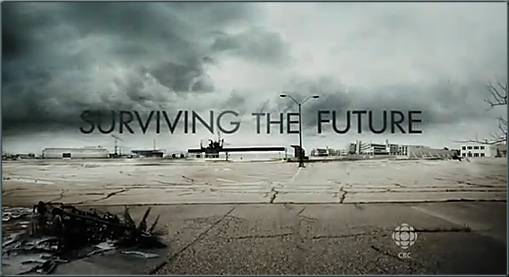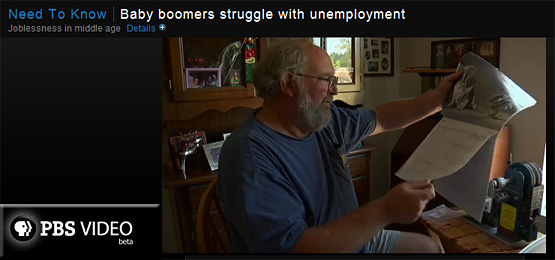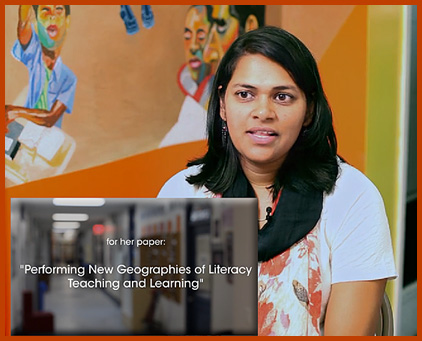From DSC:
Thanks to Dr. Kate Byerwalter at GRCC, I was reading an article in the Kalamazoo Gazette by Julie Mack entitled, ‘Waiting for Superman’ powerful but misleading. Julie brings up some good points, such as (emphasis mine):
It’s hard to argue with Guggenheim’s larger themes: American education needs to improve; inner-city schools are especially substandard, and teachers’ unions are fierce defenders of a dysfunctional status quo.
…
On one hand, the movie ignores the heart of the problem. Contrary to what the movie suggests, the big crisis in American education is not lack of opportunity for the academically ambitious; it’s the struggle to serve families who don’t see the value in education.
The common dynamic in poor-performing schools is a vicious cycle of low expectations, starting with stressed-out, poverty-stricken parents who don’t have the time nor energy to nurture their children’s education. That leads to kids who don’t care about school because their parents don’t seem to care — and to teachers who get tired of beating their heads against a wall in the face of student and parental indifference.
Absolutely, schools have a responsibility break that cycle. But it’s also important to acknowledge the difficulty of that dynamic. To put the entire blame on educators, as Guggenheim does, seems hugely simplistic and unfair.
On the other hand, for far too long, the educational establishment has used the “it’s-the-parents-fault” argument to avoid accountability for its own failures. In that respect, “Waiting for Superman” is a powerful, desperately needed wakeup call.
…
If “Waiting for Superman” can galvanize the educational world to up its game, that may offset the film’s considerable flaws. Guggenheim tells a great story. Too bad it’s only half the story.
From DSC:
Being a father of three, I don’t know what I would do as a single parent. I have often thanked the LORD for my wife, because I know that our family would not be what it is without my wife. There is no way that I could do everything that she and I are able to do together as a team. Heaven forbid something were to happen to her, I think I would quickly find that there wouldn’t be enough time or energy to do so. Not only can I not be at two places at one time, but I know that I wouldn’t have the energy that it takes to properly parent our kids.
That is, after a long day’s work (again, if I was a single parent), I would have to reach down real deep to find the energy that it takes to check to see whether our three kids have done their homework. Thanks to my parents, I care enough about education — and have been sold on its benefits — to make that effort. But if that wasn’t my background, I could easily see how tough it would be to begin an upward spiral that would last not just for my kids — but for the future generations of our family as well.
I’m not saying that inner-city schools all have single parents — no way. Nor am I saying that non-inner city schools are full of happily-married couples heading them up. Again, no way.
But what I am saying is that with a significant amount of marriages in the U.S. ending up with divorce, I’ll bet that many kids only have one parent at home. And with only 1 parent, that makes things difficult … not impossible, but difficult. (Also, our struggling economy is a huge factor, a source of stress, and a piece of the complex puzzle as well.)
Still, we must find ways to stem the losses of up to a third of our students dropping out of school. It’s far too costly to waste their God-given gifts. The status quo must go — it’s too dangerous.




















